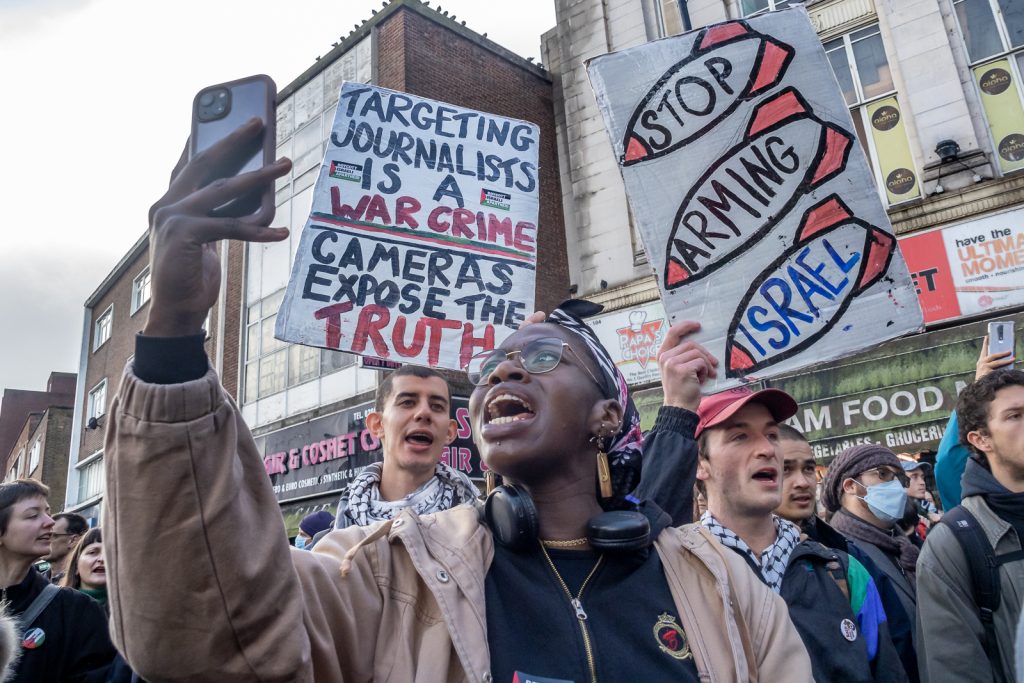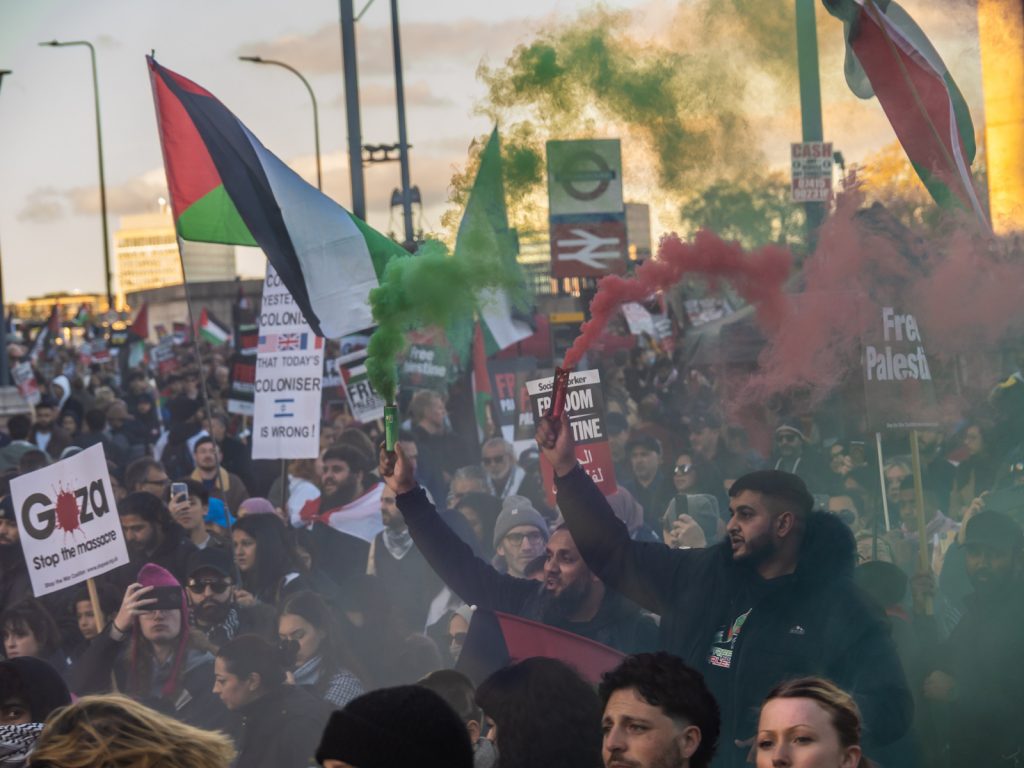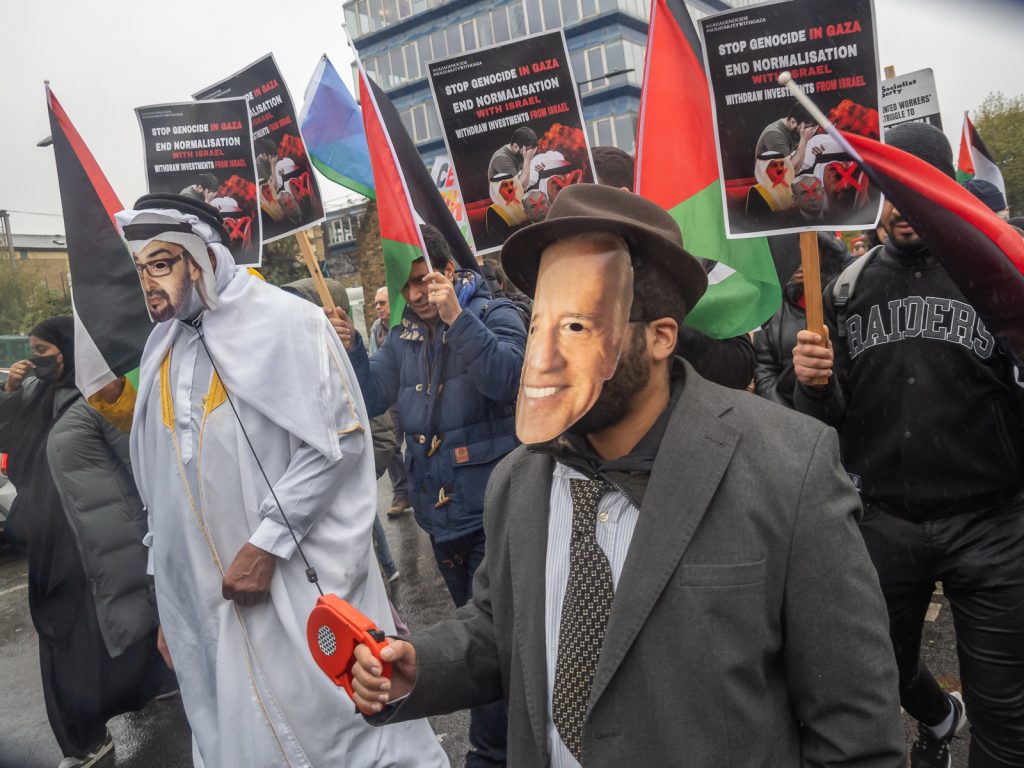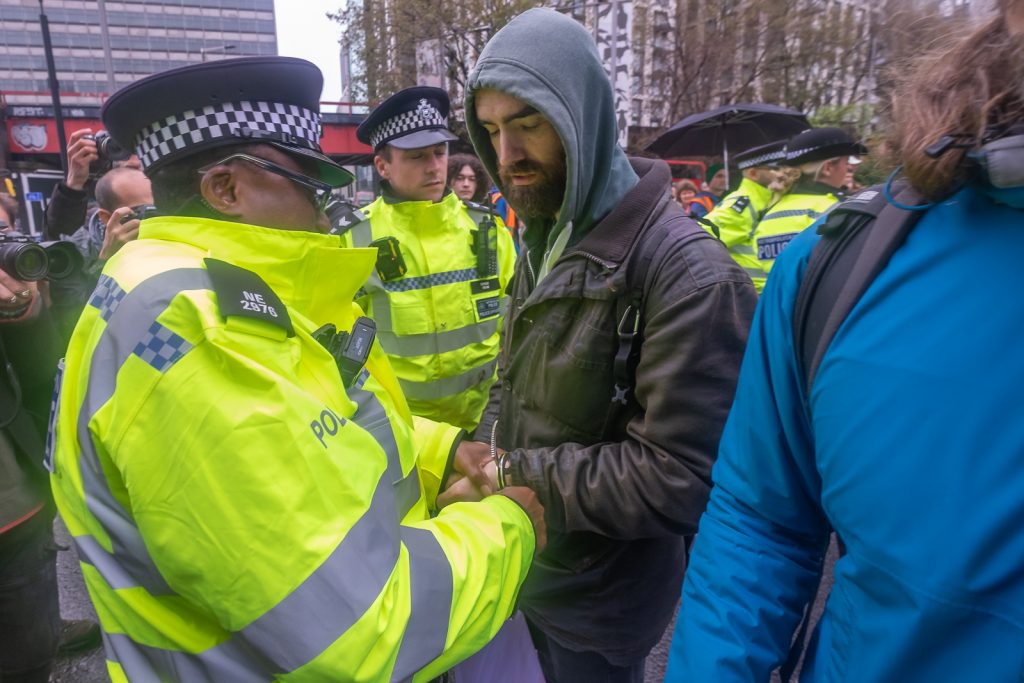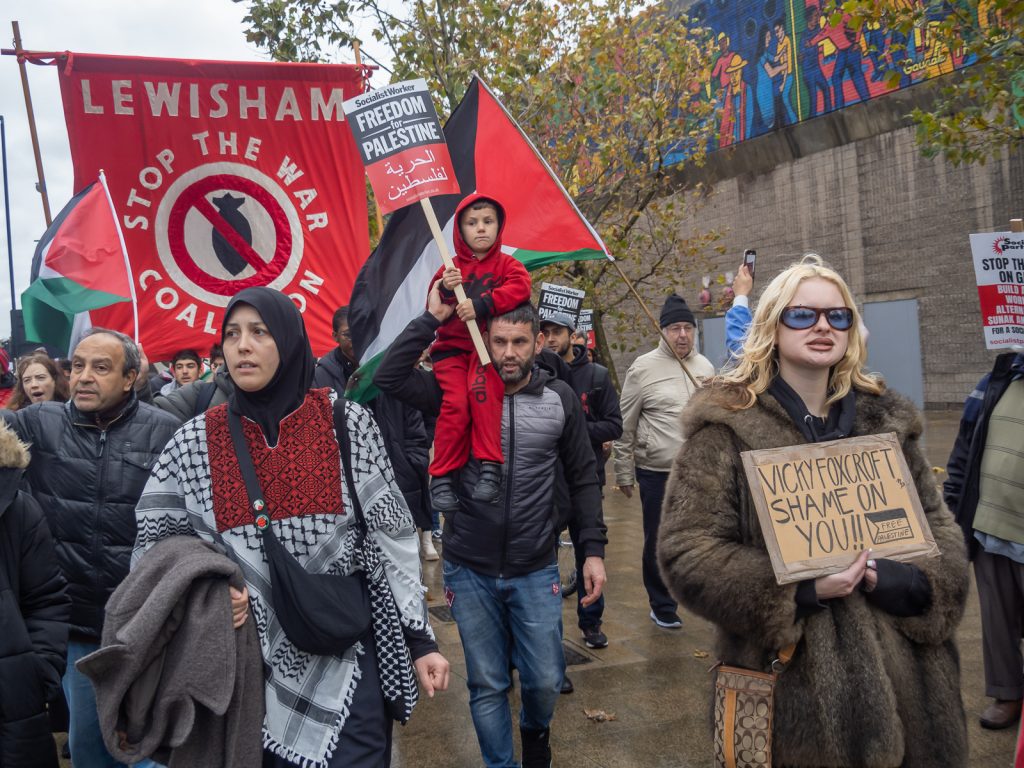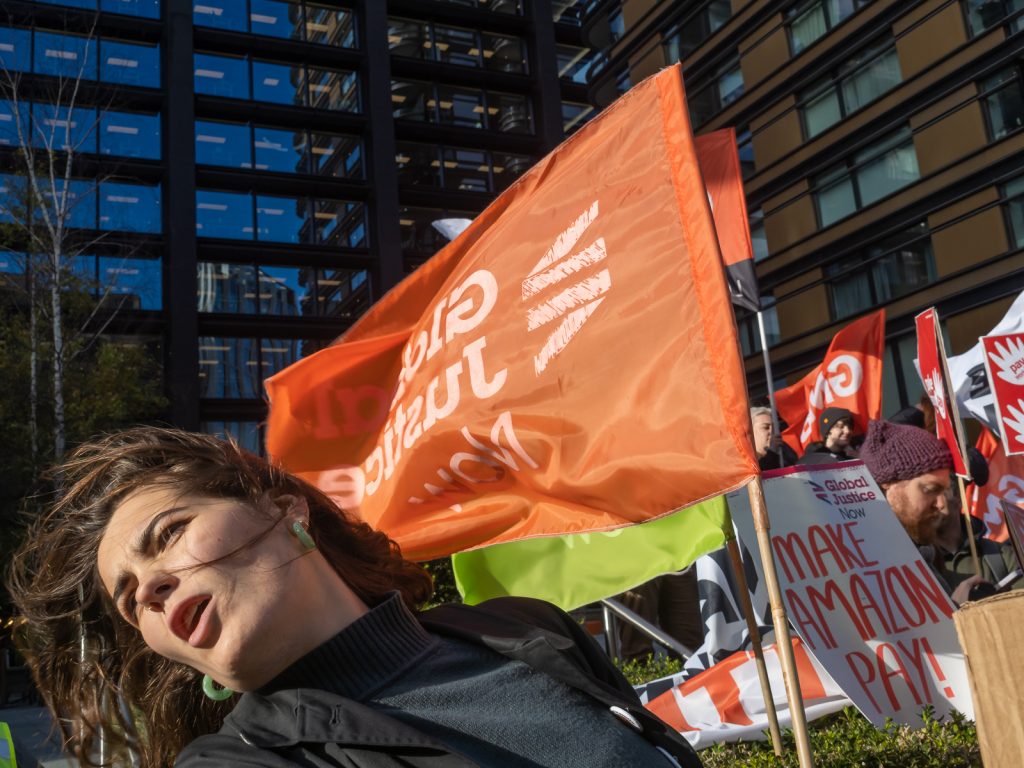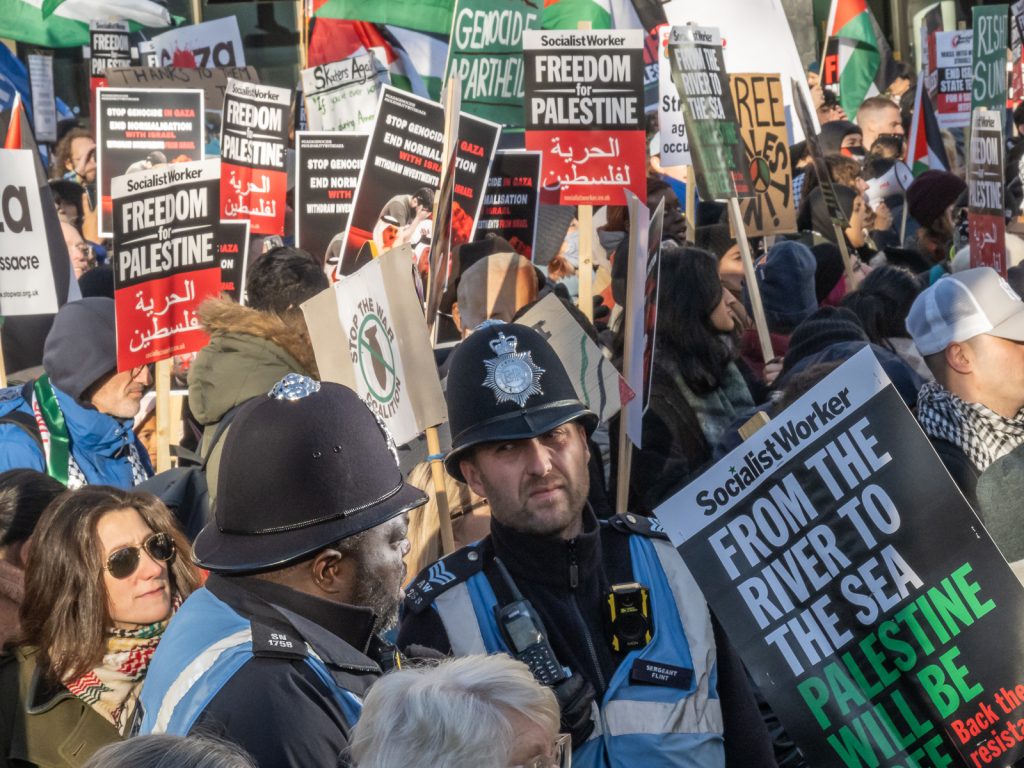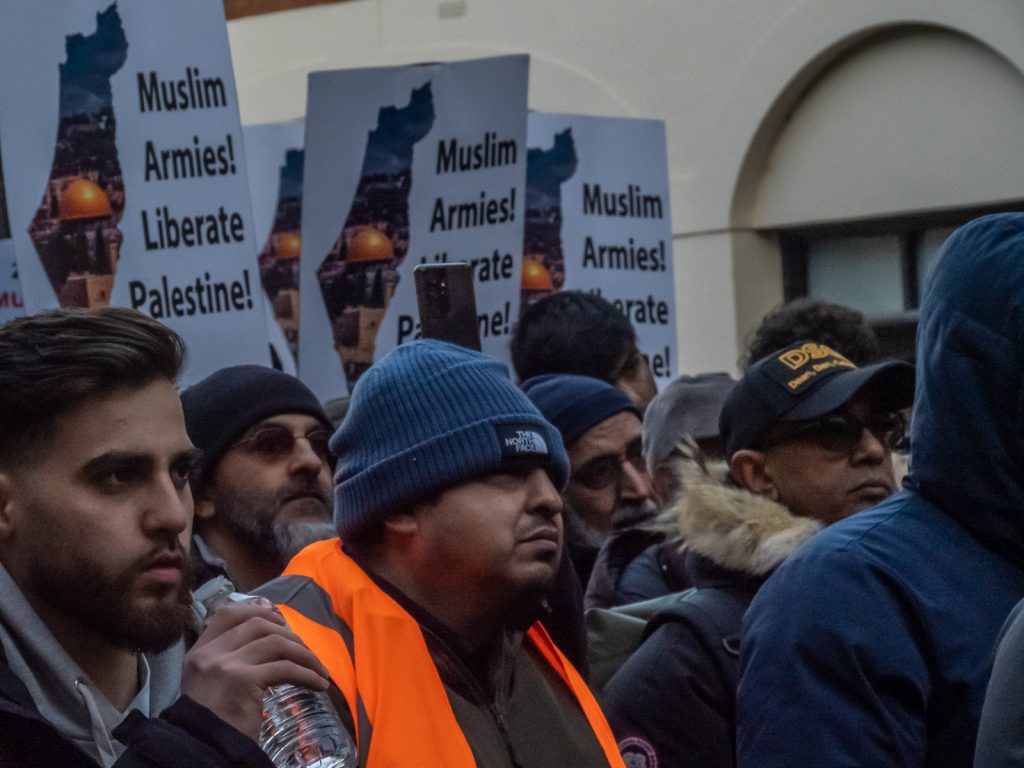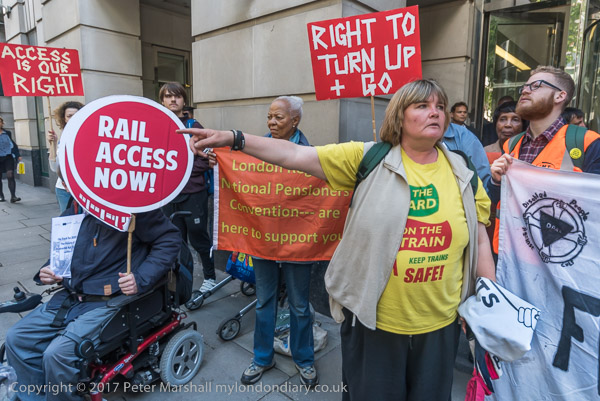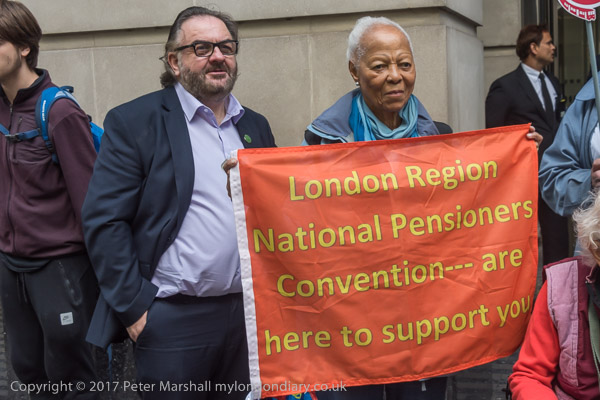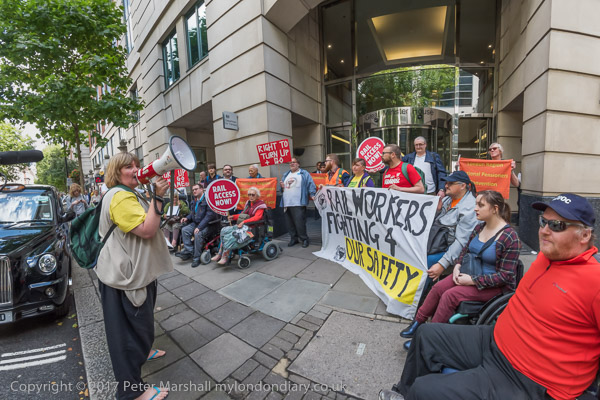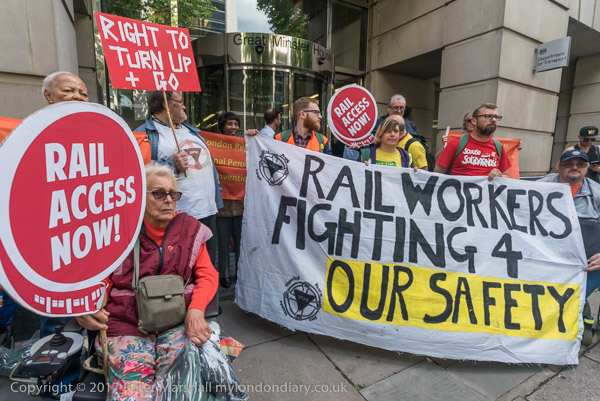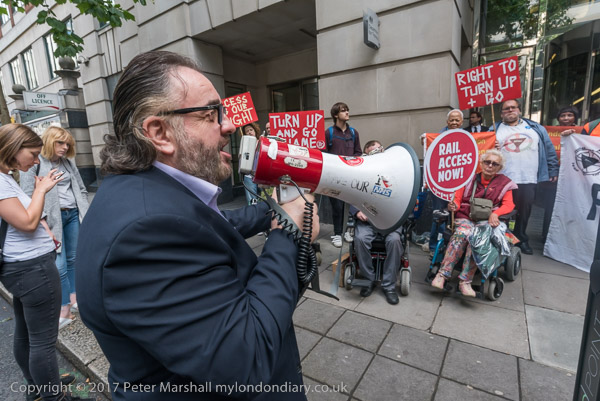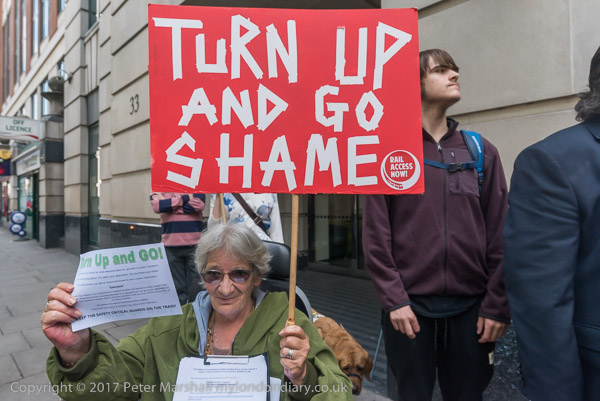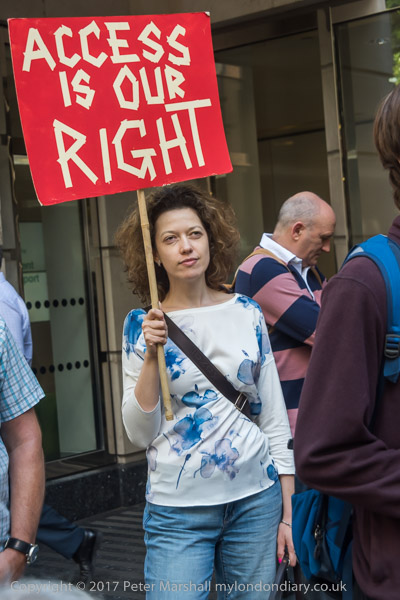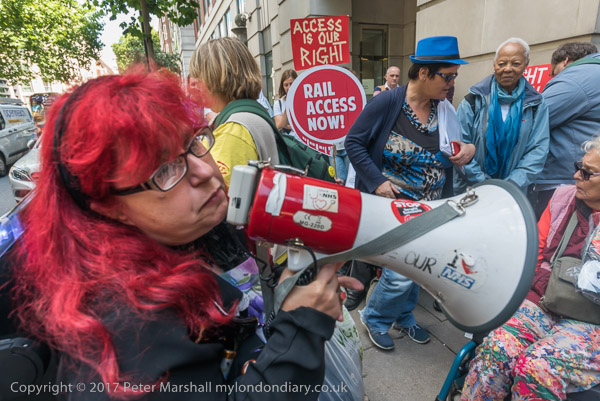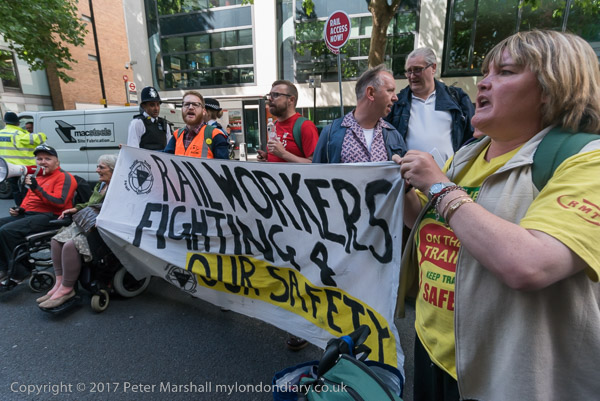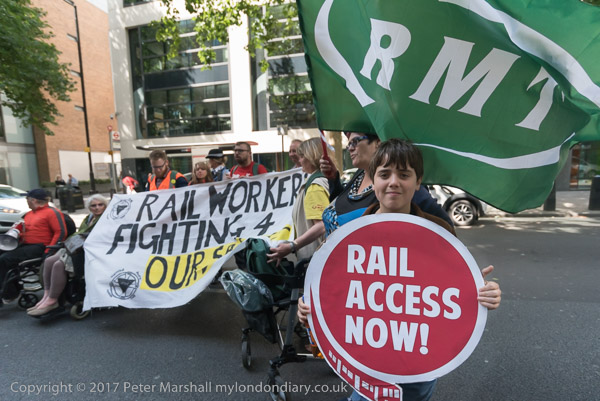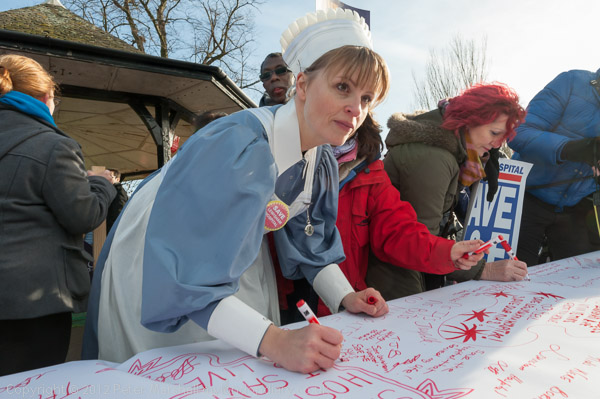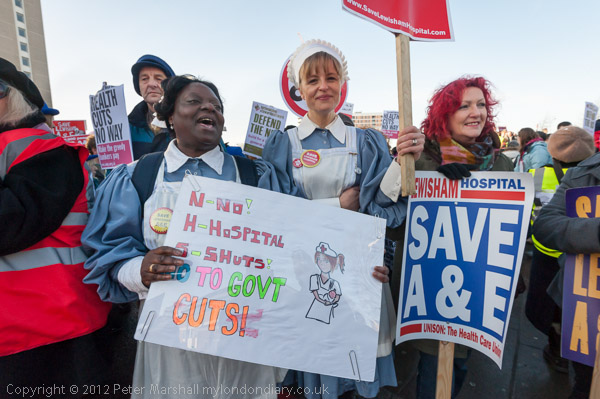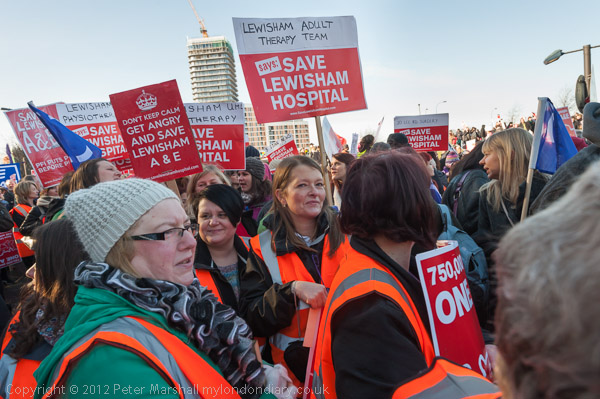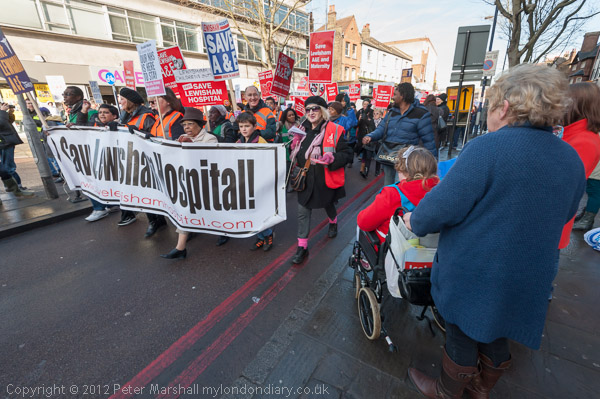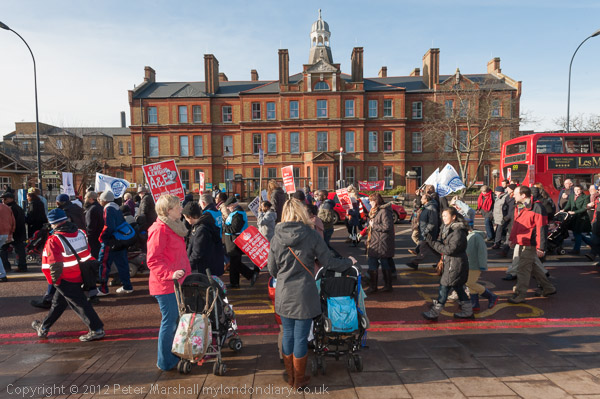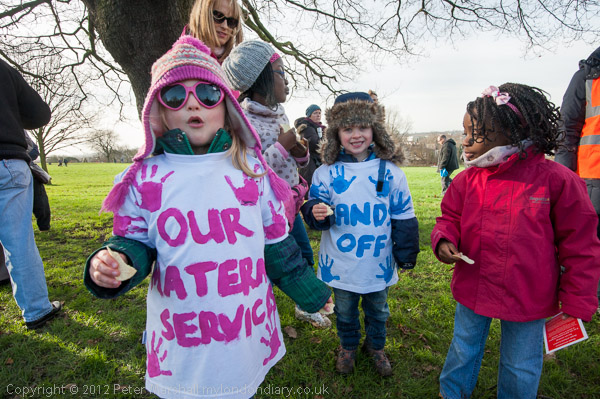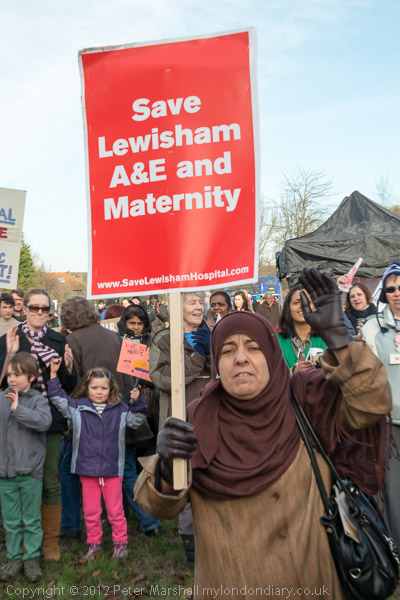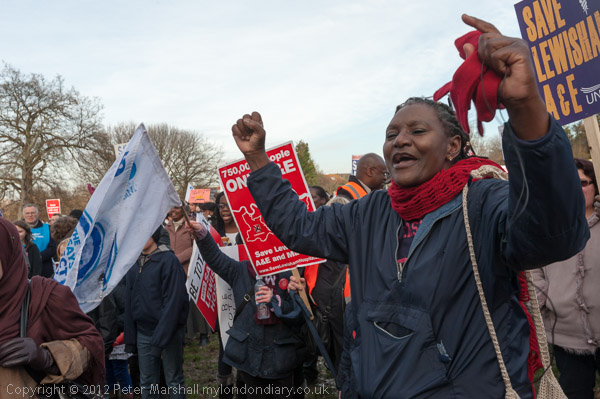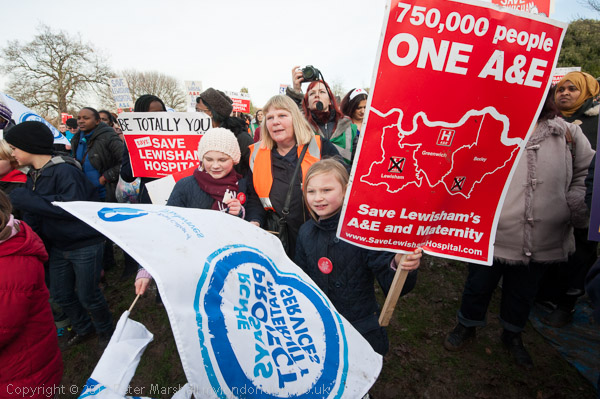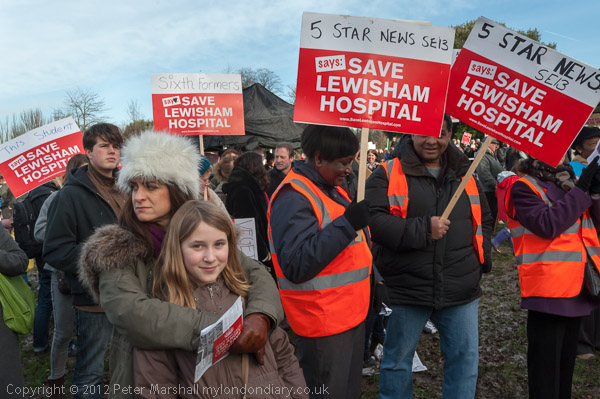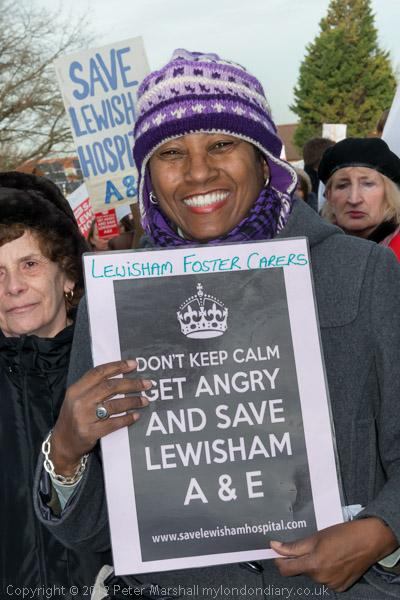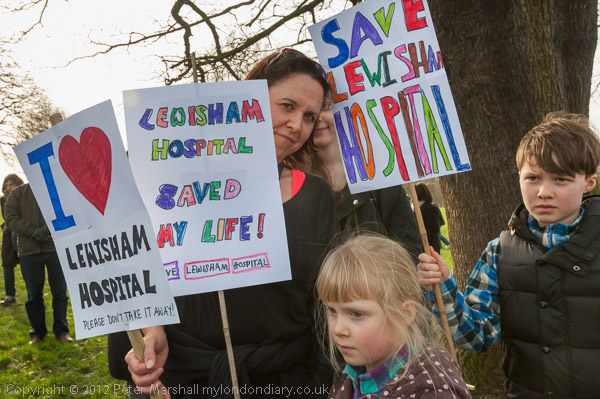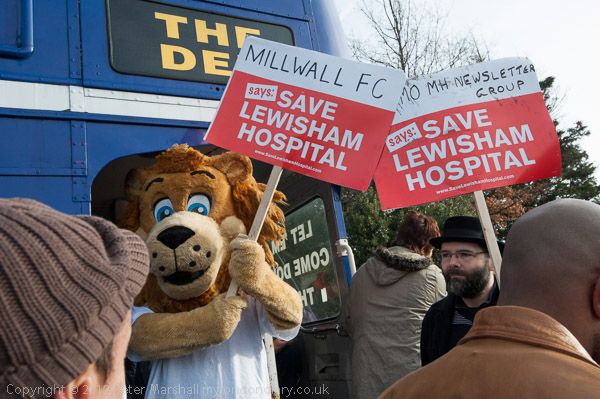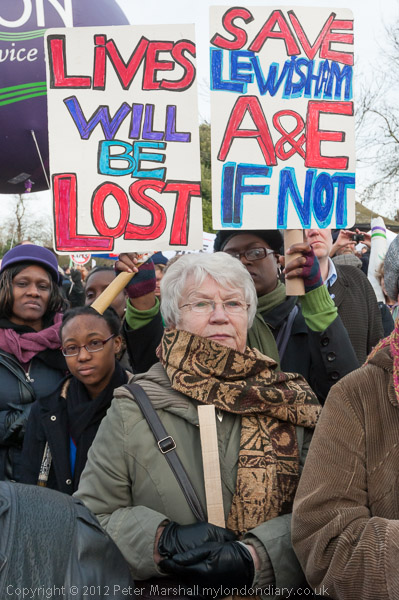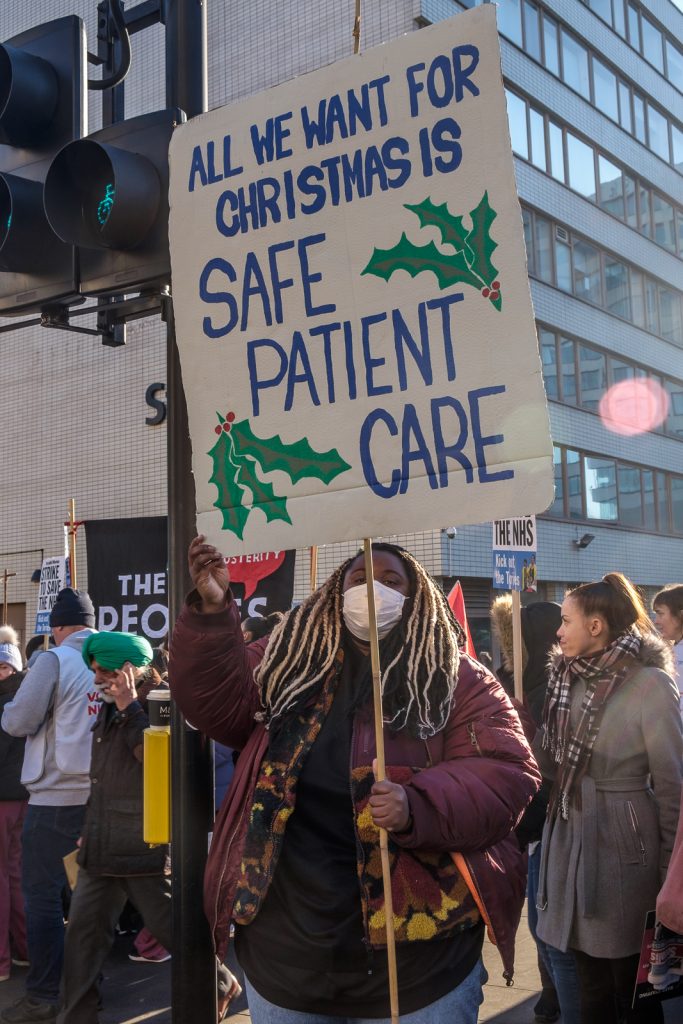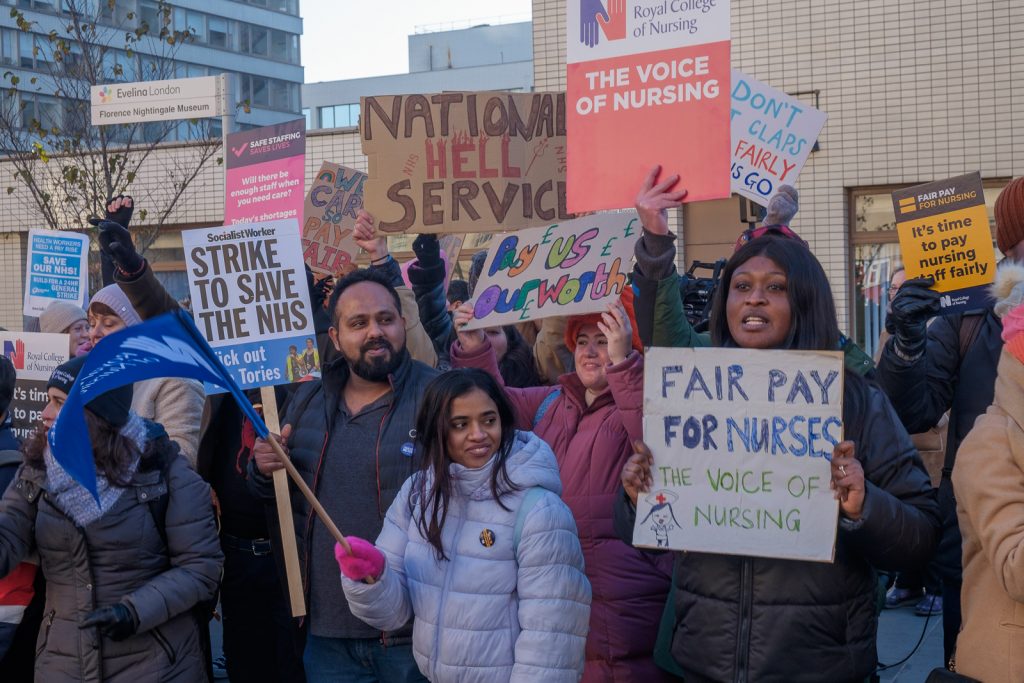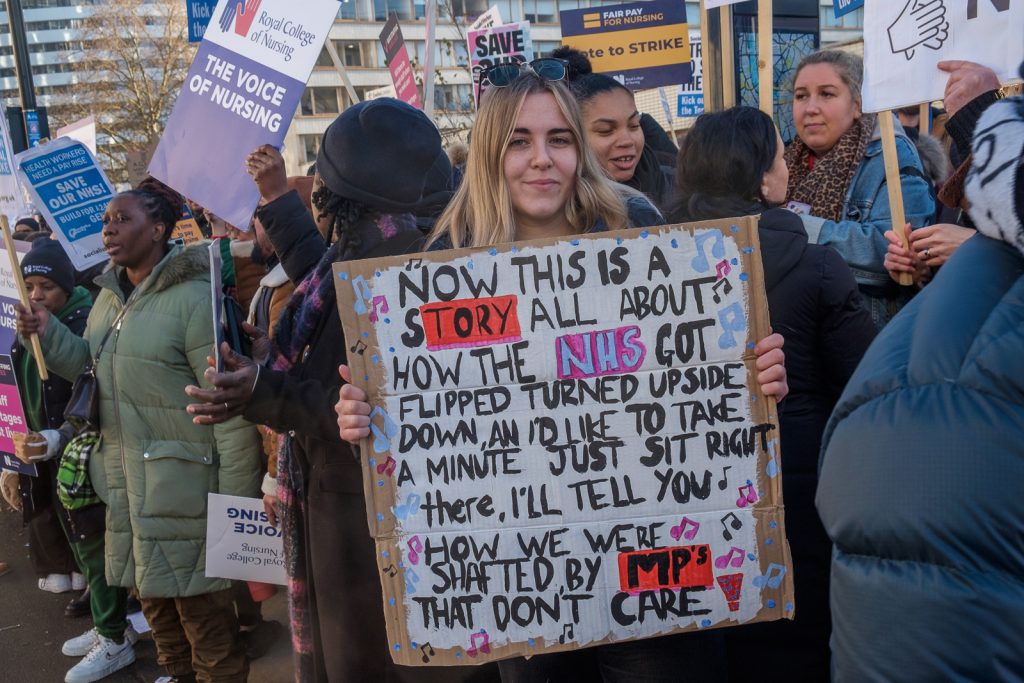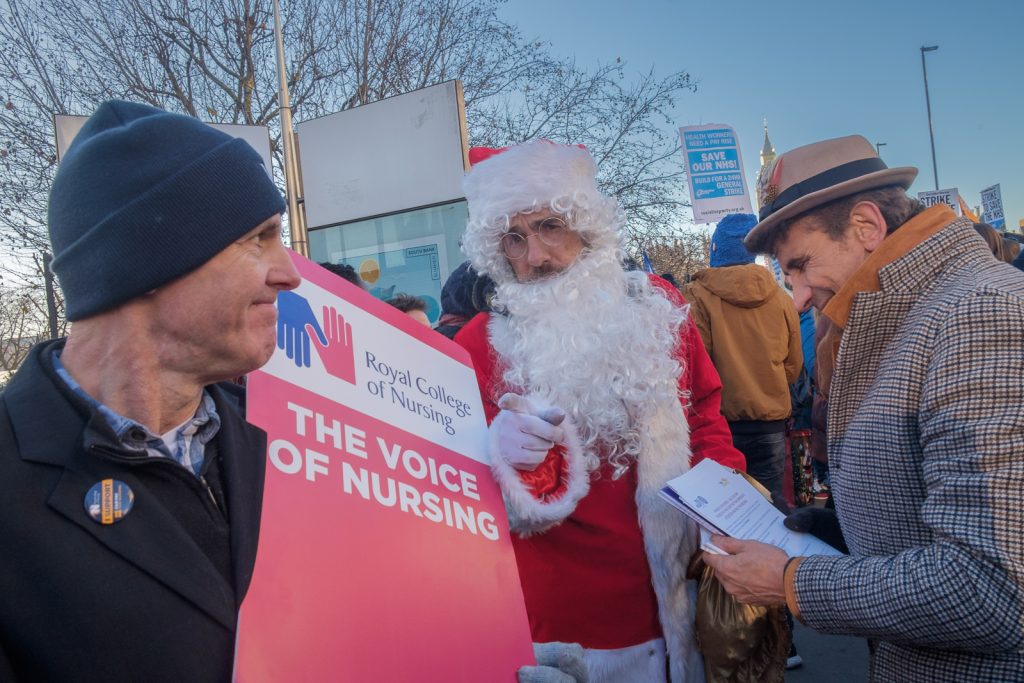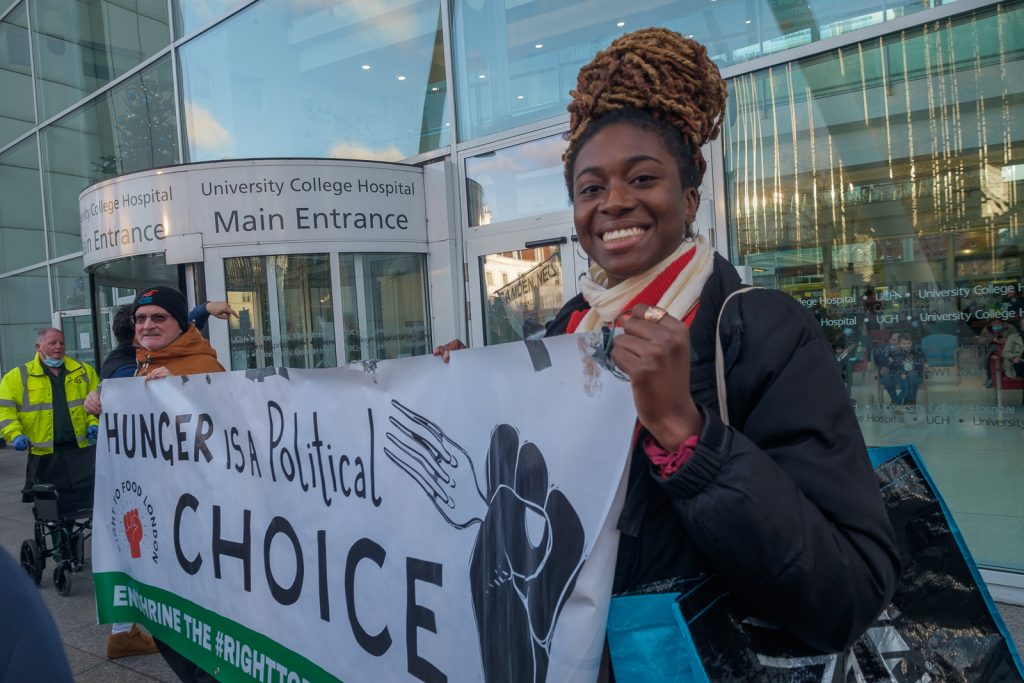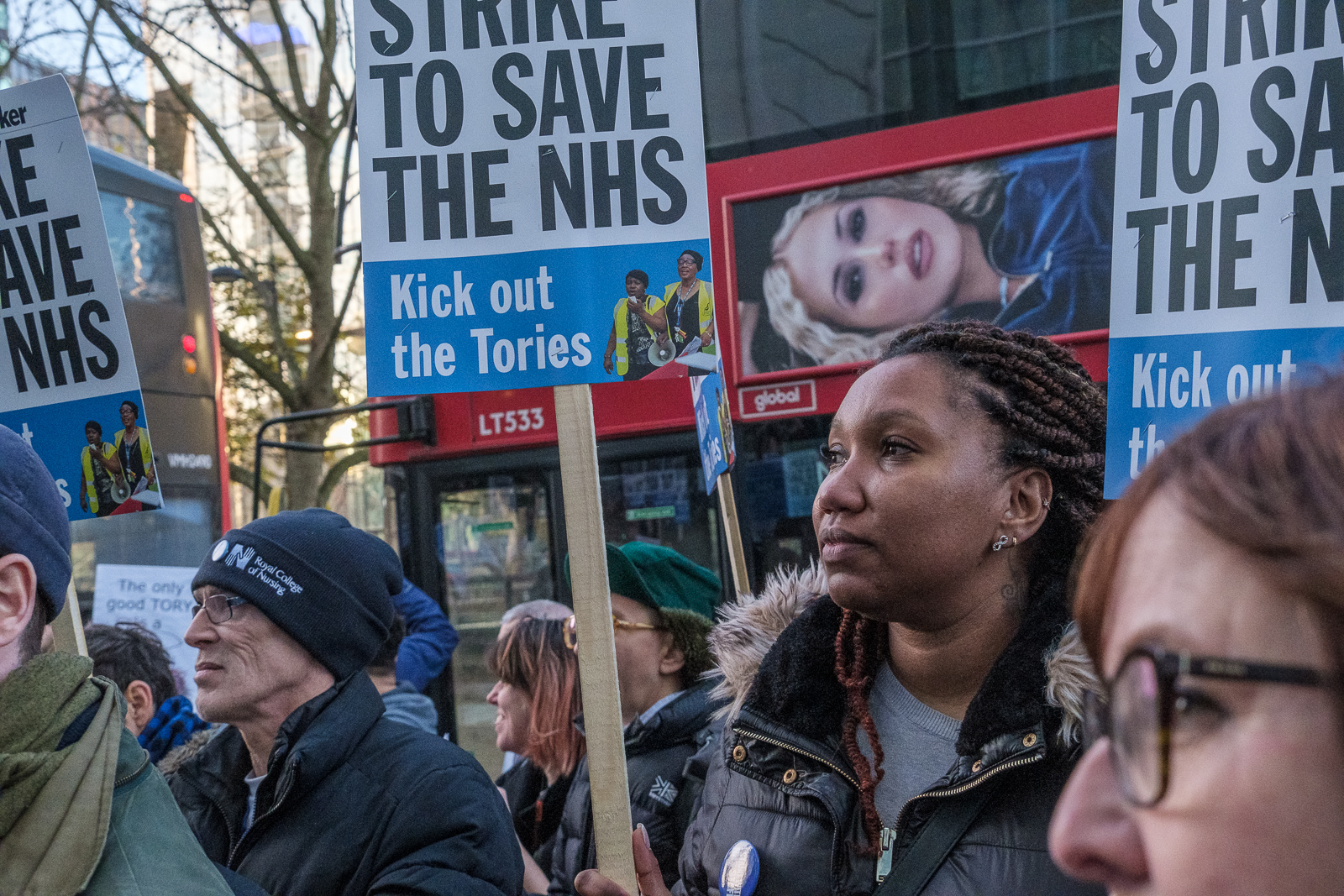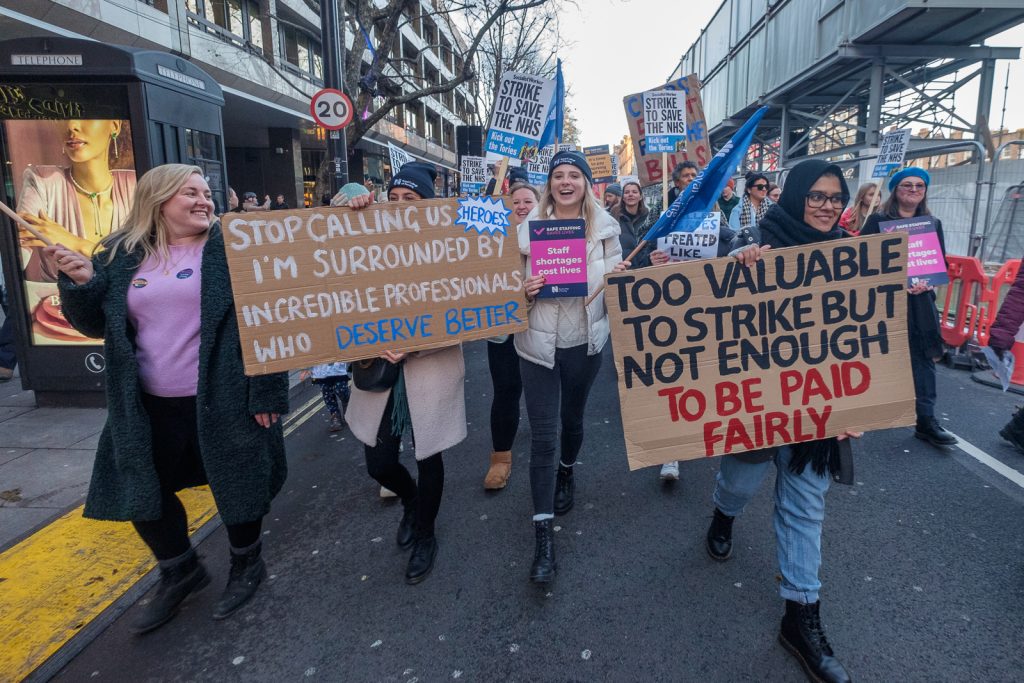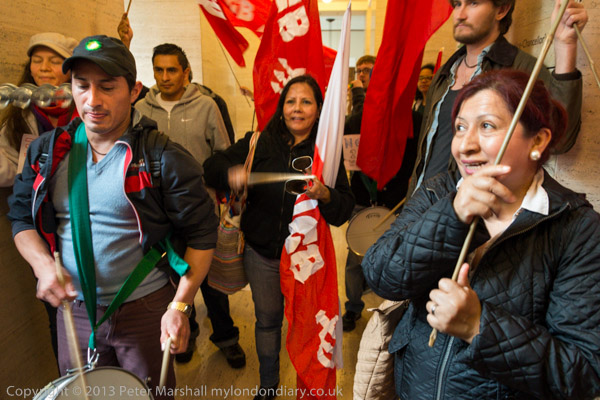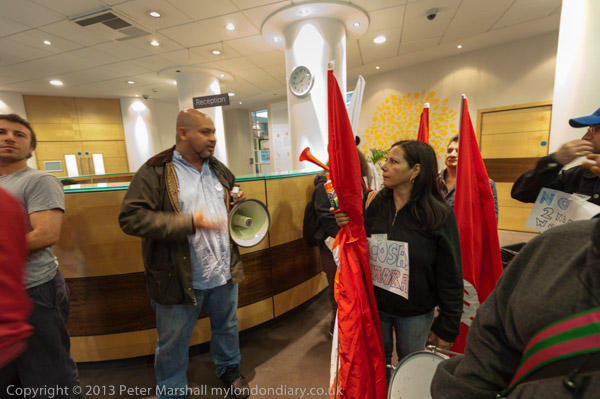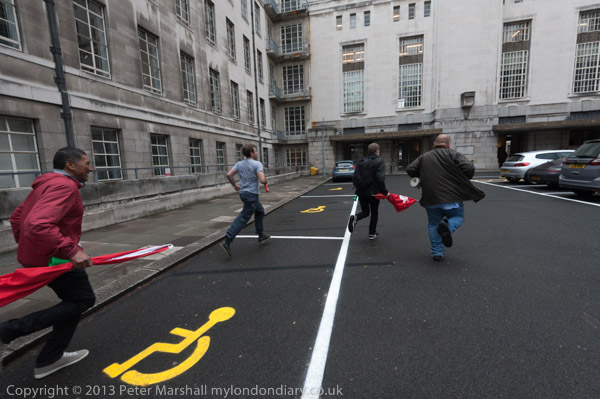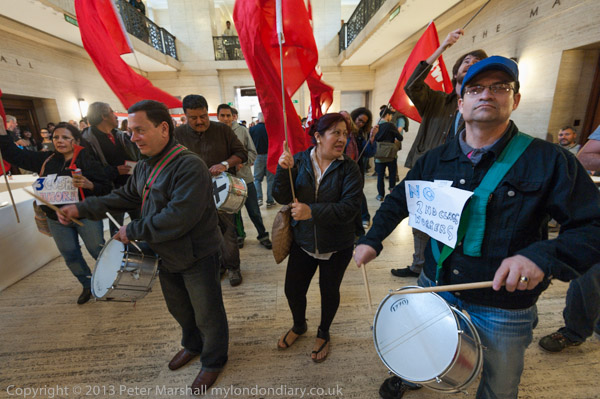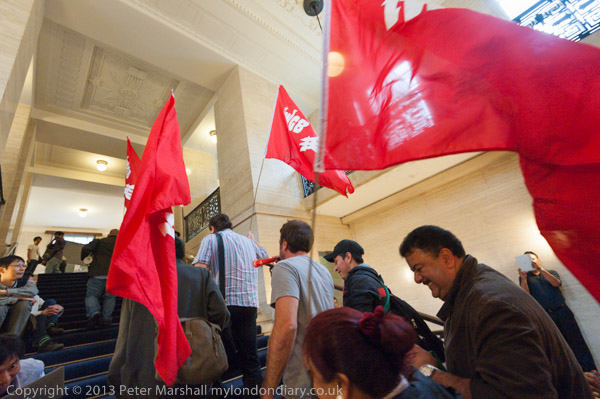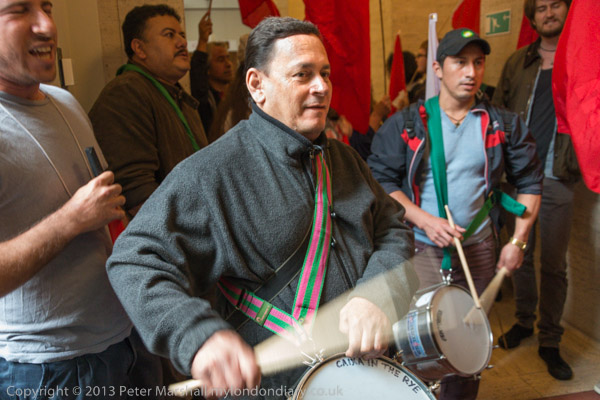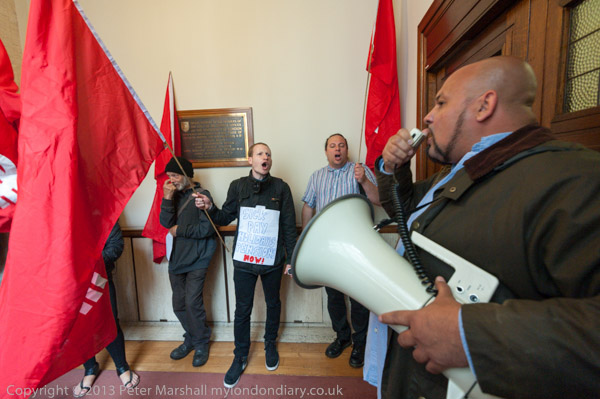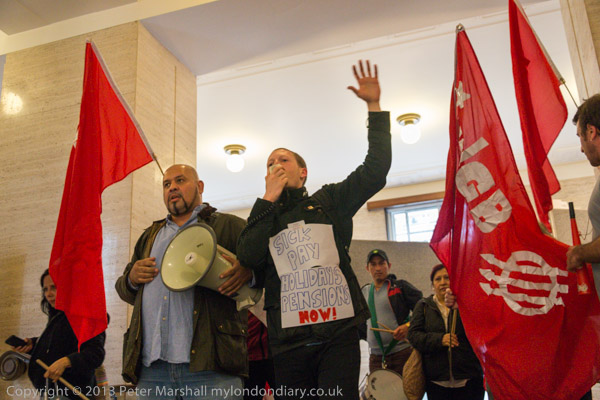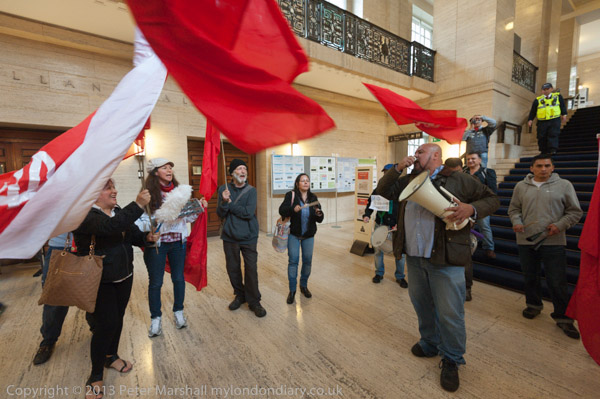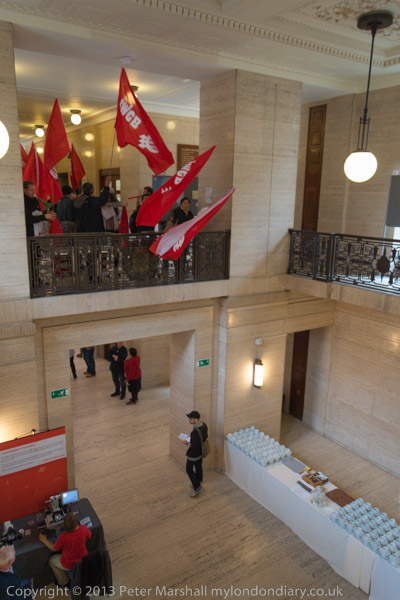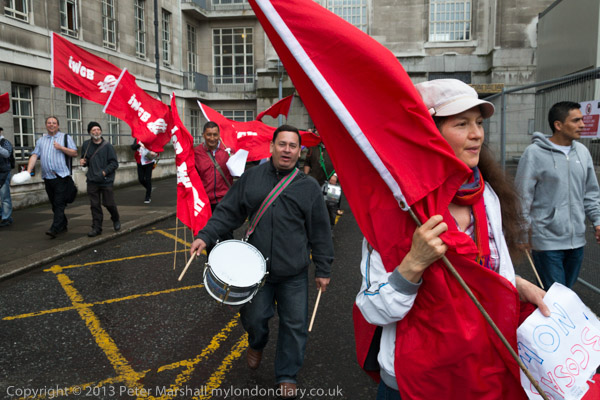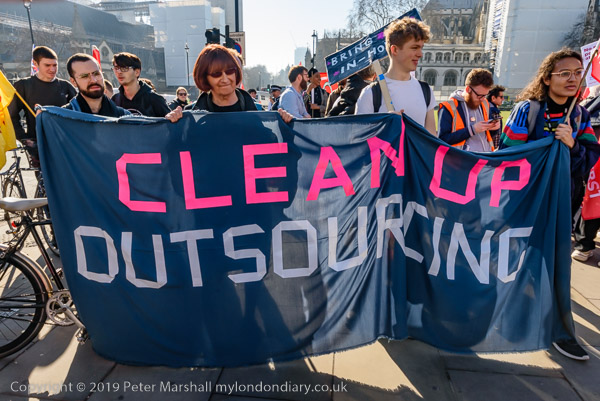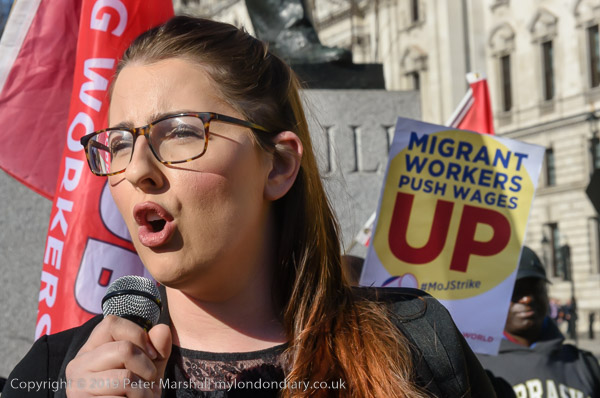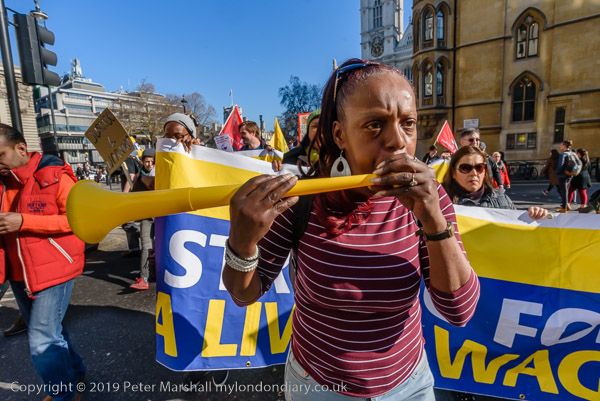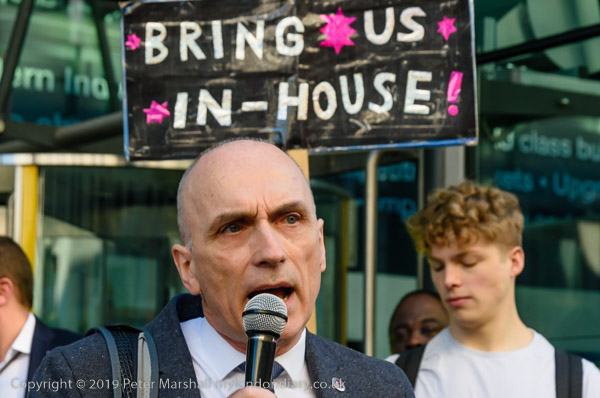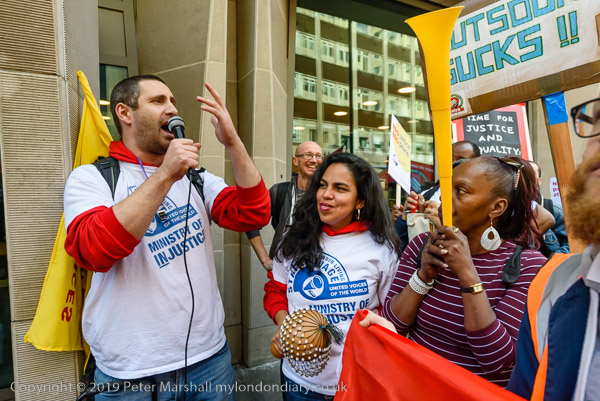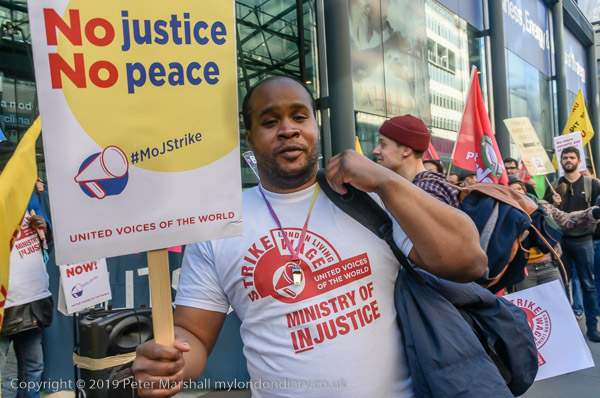Cleaners Protest at Tower of London: On Saturday 3rd November 2012 the trade union Industrial Workers of Great Britain (IWGB) held a high profile protest outside the Tower of London as a part of their campaign to get the London Living Wage, better contracts and improved working condition and management for the workers who clean the Tower, one of London’s major tourist attractions.
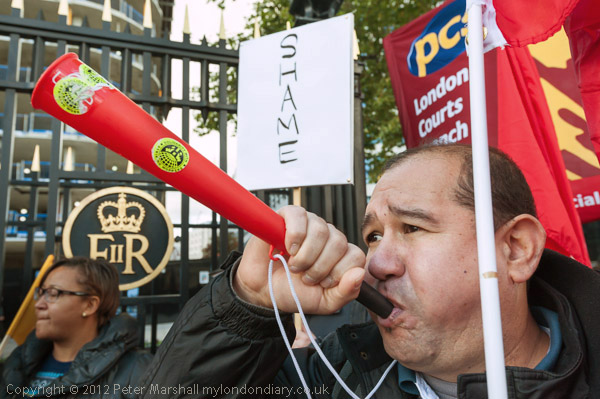
The Tower of London is run by a charity, ‘Historic Royal Palaces’, which also runs other royal palaces on behalf of the Crown, but they employ no cleaners. Instead they were using the cleaning contractor MITIE to employ the workers who clean the Tower and make it fit for visitors. By outsourcing the work in this way they try to deny responsibility for the poverty wages, lousy pensions, holidays and sick pay, poor physical conditions, overworking and bad management of their workers.
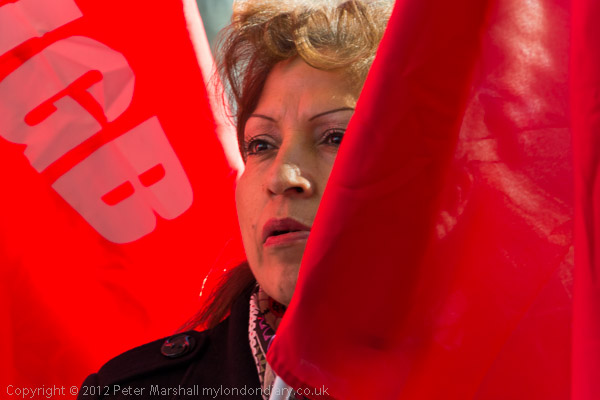
The IWGB was formed by Latin American cleaners organising for better working conditions earlier in 2012 after they had become disillusioned with the lack of support for lower paid workers by some of our traditional unions as “a worker led union organising the unorganised, the abandoned and the betrayed.”
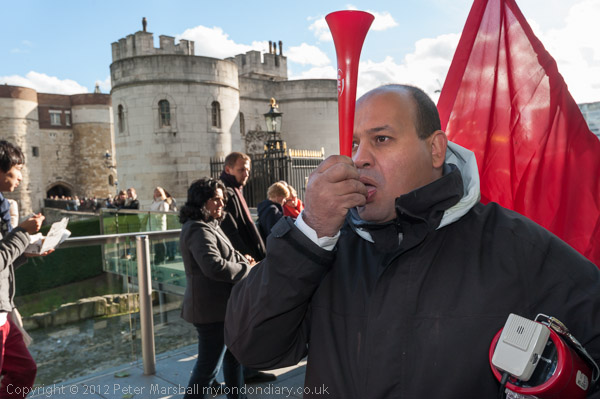
It remains a powerful grass-roots trade union, based on building workers’ power and developing leadership by its members, taking action through strikes, powerful protests and legal actions and developing solidarity across cultural and language barriers.
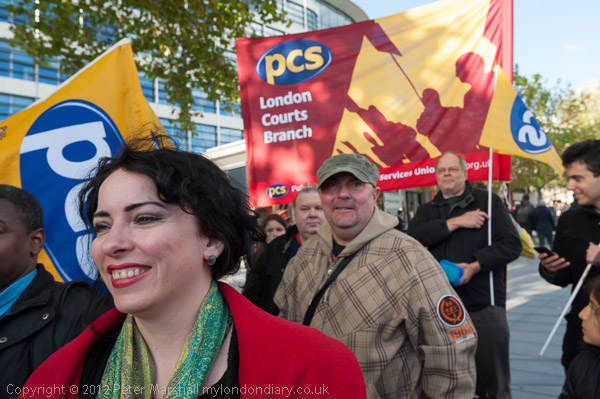
The union has developed significantly since 2012 and has had many victories in its campaigns to improve the conditions of low paid workers. It now “organises couriers, cycling instructors, charity workers, yoga teachers, cleaners, security officers, video game workers, nannies, university workers, foster carers, private hire drivers and more.”
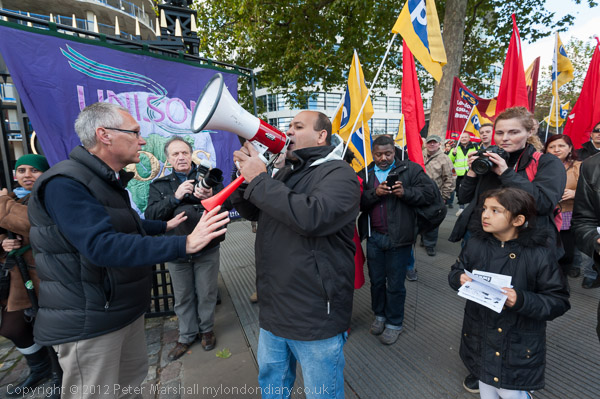
I reported on many of the protests by the IWGB and other grass-roots unions including the United Voices of the World (UVW) over the years – and you can see many of my reports on My London Diary. There had been a number of protests by cleaners before these unions were formed, but they brought a new level of activity and creativity to the protests.
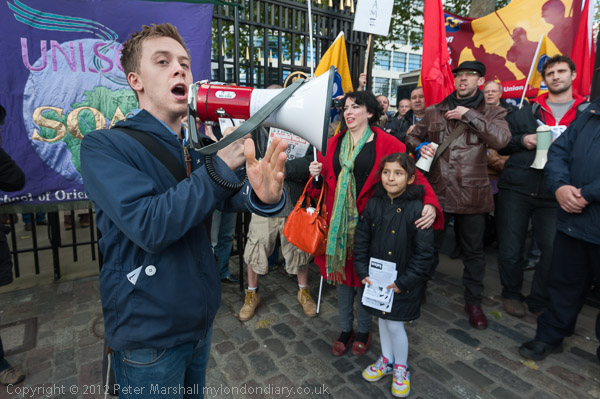
The campaign for a London Living Wage was started by London Citizens in 2001 and recognises the extra costs of living in the city – something that had long been recognised in professions such as teaching, where teachers in Greater London received a London allowance. The London Living Wage level is calculated independently and supported by successive Mayors of London, but companies are not obliged to pay the extra amount above the National Minimum Wage (rebranded the National Living Wage for those over 21 a few years ago.)

As I wrote in 2012, the London Living Wage “still meets with bitter opposition from some of the most profitable companies around who are low pay employers, including MITIE, who last year increased their profit margins to 5.6% and had a pre-tax profit of £104.5m.”
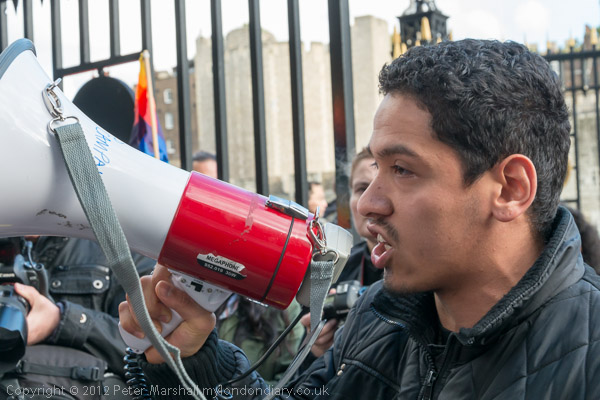
The IWGB’s campaign as I also wrote, is “not only about wages, but also about civil rights, dignity and respect. MITIE seems to be treating its workers and employment law with contempt. The cleaners demand justice and fair treatment, and say they are treated as medieval serfs. They are asking for:
• the London Living Wage of £8.30 per hour
• proper contracts which reflect the actual hours of work and provide
holidays and other normal employment benefits
• adequate staffing levels to cope with the workload
• proper changing and washing facilities
• proper Health & Safety training for managers and workers, and risk
assessments of tasks
• proper safety equipment including protective gloves etc"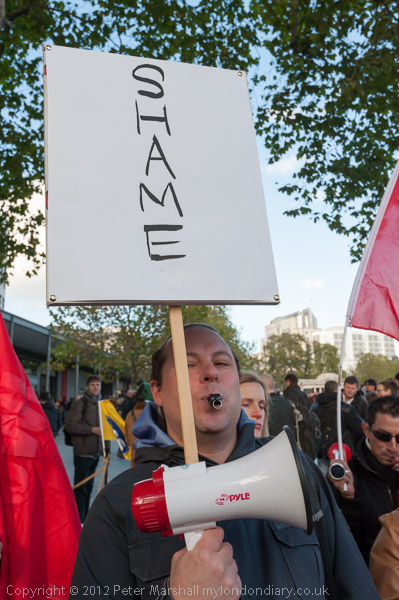
MITIE’s response to the campaign was simply “to ban the IWGB. Senior HR Manager Kevin Watson-Griffin stated ‘IWGB representatives will not be permitted access to any MITIE site, including the Tower of London, Barbican etc. to support the IWGB members who are employed by MITIE.'”

On My London Diary you can read more about the protest at the Tower, including what actually happened at this very public, very visible and very noisy protest which received considerable support from trade unionists from other unions involved with cleaners including the PCS, RMT and Unison. I also wrote about some of the speakers and their speeches and the photographs include most of them including journalist Owen Jones.
More on My London Diary at Cleaners Protest at Tower.
Flickr – Facebook – My London Diary – Hull Photos – Lea Valley – Paris
London’s Industrial Heritage – London Photos
All photographs on this page are copyright © Peter Marshall.
Contact me to buy prints or licence to reproduce.
